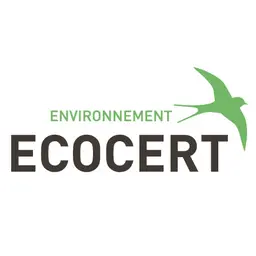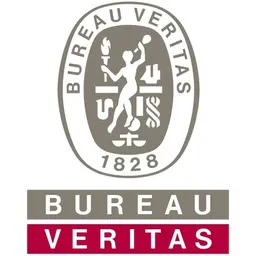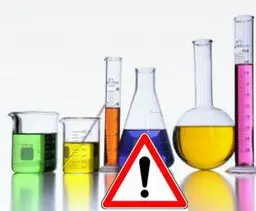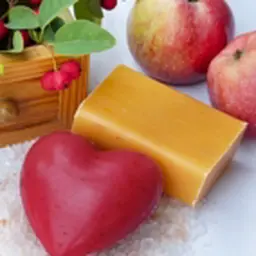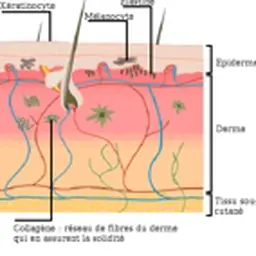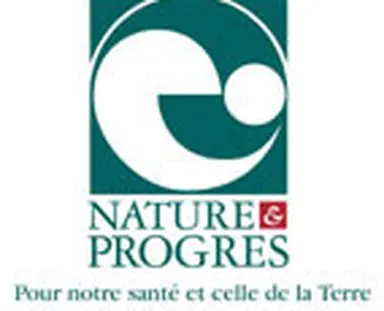
French logo designating an organic and ecological cosmetic, issued by an association of consumers and professionals (producers and processors) grouped in a federation. In parallel with a technical specification drawn up in 1998, members must comply with the Nature & Progress Charter, which commits them to many environmental and social issues, in order to be able to affix it to their products.
The basic principle is that all cosmetic and personal hygiene products must be derived from substances or compositions of raw materials obtained by simple physical or chemical processes, without use of synthetic molecules, and meeting all stages of manufacturing to precise standards and criteria of respect for the environment.
In practice, this means: 100% of the ingredients of natural origin (with a preference for vegetable raw materials labelled N&P, Demeter or AB, excluding endangered species, and meeting fair trade criteria), no compounds derived from synthesis or petrochemical derivatives, with the exception of three preservatives within the limit of 0.6% of the finished product.
The Nature & Progress charter sets out a very precise list of authorised or prohibited raw materials. It thus prohibits ingredients of animal origin, with the exception of dairy products, products derived from eggs or from the hive. Mineral materials are only allowed if their extraction does not cause pollution or degradation of the landscape.
All solvents, colourants, oils and fats, antioxidants, emulsifiers and surfactants, perfumes, gelling agents, UV filters or synthetic pH regulators are prohibited. No exceptions for preservatives either: only sorbic and dehydroacetic acids are allowed, in combination with essential oils, propolis, plant extracts or alcohol (permitted as a solvent). Propellant gases of petrochemical origin (butane, propane…) are banned in favour of inert gases.
On the processing side, the use of microwaves, ionization, GMOs, chlorine chemistry, ethoxylation are prohibited, only simple processes are authorised to obtain raw materials, whether mechanical (grinding, centrifugation, cold pressure, drying, atomisation, filtration) or chemical (steam distillation, maceration, fermentation, alcoholic extraction with ethanol or hydroalcohol).
Products must be as biodegradable as possible and packaging recyclable.
To go further
• See the Nature & Progrès website


